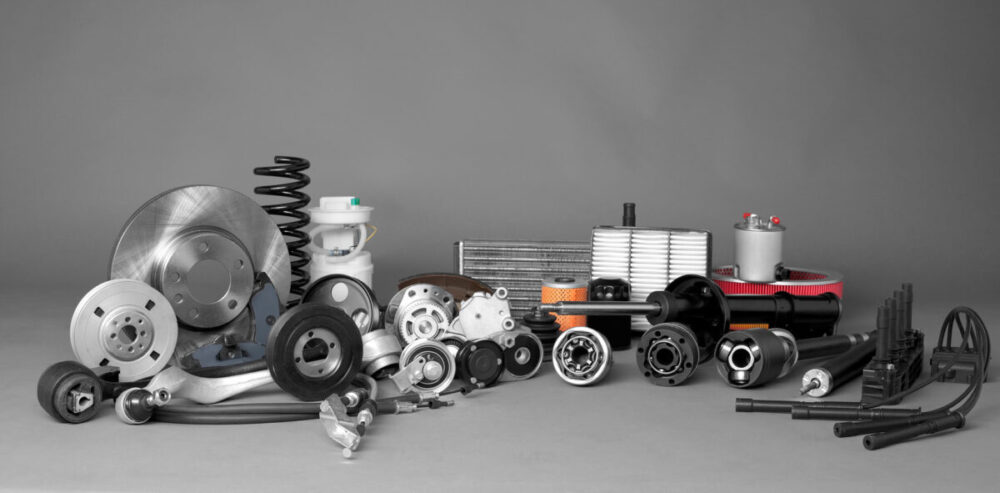There are several purposes and advantages to using power equipment. With so many available, it might be hard to figure out which is best for your project or workload.
Here’s what you need to know about cordless and corded power equipment.
What Are Corded Power Tools?
Corded power tools must connect to mains electricity to work. Therefore, they are not suitable for locations which don’t have any electrical sockets.
Several distinct types of corded power tools are available that can complete numerous tasks. Many tool enthusiasts have stayed loyal to corded power tools because of their benefits, like the ones from ADA Fastfix.
Corded Power Tools Advantages

Power
One of the most appealing features of the corded power tools is that they constantly work when connected to a power supply. A permanent electrical connection allows you to use the drill as long as necessary without worrying about the power running out or suddenly stopping.
Performance
The effectiveness of corded power tools is generally higher than cordless versions, making them ideal for heavy-duty materials and large-scale projects. Due to the force and torque of a corded power tool, it may be preferable for indoor DIY tasks like drilling.
Price
In general, corded power tools are less expensive to purchase than cordless versions. Therefore you may save money while still getting a lot of power. Cordless tools also require batteries and chargers; this can raise costs significantly. While any power tools are a good investment, corded versions may be the best for those looking for a deal.
Corded Power Tools Disadvantages

Limited Movement
Due to the requirement of always being near a power source, you can only go so far using corded power tools. Therefore, a corded tool is not ideal when you need a lot of flexibility.
Safety Hazard
Cords are a hazard. Even a minor mismatch might result in a bad accident, whether it damages surrounding equipment or causes harm to yourself/others.
What Are Cordless Power Tools?
For novices and experts in the field, cordless power tools have become popular in recent years. With so many advantages to using a battery-operated drill, it’s easy to see why so many individuals switch to cordless over corded.
Cordless Power Tools Advantages
Portability
The increased mobility of cordless power tools is one of the most significant advantages. They use a battery to supply power to the drill. Therefore, indoors and outside use is possible with no limits to movement.
Easy To Store
Because no cable is connected, cordless power tools are easier to store. They can also be lighter. When it comes to power tools, there are specific ways to put them away to protect their wiring from harm. However, cordless instruments can be placed back in a box or shelf easier as you don’t have to tidy cables.
Cordless Power Tools Disadvantages

Power
When the power is all spent, the tool will cease to operate. Losing power can be inconvenient for any project, especially if you don’t have access to an outlet.
Capacity
A variety of cordless power tools require less energy. As a result, they are far less capable of tasks that require significant strength.
Frequently asked questions
1. What are the different types of power tools?
There are many different types of power tools, but some of the most common include drills, saws, and sanders.
2. What are the benefits of using power tools?
Power tools can save you a lot of time and effort when completing projects around the home or office. They can also help you to achieve a better finish on your work.
3. What are some of the safety concerns associated with power tools?
As with any type of tool, there are certain safety concerns that come along with using power tools. Be sure to read the instruction manual that comes with your tool,and always wear proper safety gear, such as gloves and eye protection.Never operate a power tool while under the influence of drugs or alcohol.
4. What are the benefits of using a corded power tool?

Corded power tools offer a number of benefits over cordless power tools, including more power and longer run times. Corded power tools are also typically less expensive than cordless models.
5. What are some things to consider when using a corded power tool?
When using a corded power tool, it is important to be aware of the potential for electric shock. Always unplug the tool before changing bits or accessories, and make sure that the cord is not tangled or frayed. It is also important to keep the tool away from water and to wear appropriate safety gear, such as gloves and eye protection.
6. What are the main benefits of using cordless power tools?
Cordless power tools offer many benefits over their corded counterparts, including increased portability, freedom of movement, and often lighter weight. Cordless tools also tend to have more powerful motors than their corded counterparts, making them ideal for tougher jobs.
7. How do I choose the right cordless power tool for my needs?
The best cordless power tool for your needs will depend on the specific tasks you need it to perform. There are many different types of cordless tools available on the market, so it’s important to do your research and find the one that best suits your needs.
8. What are some things to keep in mind when using cordless power tools?

When using any type of power tool, it’s important to read the manufacturer’s instructions carefully and always wear appropriate safety gear, such as gloves, goggles, and ear protection. It’s also important to keep the tool well-maintained and to regularly check for wear and tear.
9. What are some of the most popular cordless power tools on the market?
Some of the most popular cordless power tools include drills, impact drivers, saws, and screwdrivers. Cordless tools have become increasingly popular in recent years, as they offer many benefits over their corded counterparts.
10. Where can I buy cordless power tools?
Cordless power tools are available at most hardware and home improvement stores, as well as online. When shopping for cordless tools, it’s important to compare prices and read reviews to find the best deals.





